Abstract
The inherent irreversibility of quantum dynamics for open systems poses a significant barrier to the inversion of unknown quantum processes. To tackle this challenge, we propose the framework of virtual combs that exploit the unknown process iteratively with additional classical post-processing to simulate the process inverse. Notably, we demonstrate that an -slot virtual comb can exactly reverse a depolarizing channel with one unknown noise parameter out of potential candidates, and a 1-slot virtual comb can exactly reverse an arbitrary pair of quantum channels. We further explore the approximate inversion of an unknown channel within a given channel set. A worst-case error decay of is unveiled for depolarizing channels within a specified noise region. Moreover, we show that virtual combs can universally reverse unitary operations and investigate the trade-off between the slot number and the sampling overhead.
Publication
Physical Review Letters
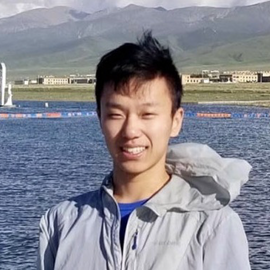
PhD Student (2023)
I obtained my BS in Applied Mathematics from China Agricultural University under the supervision of Prof. Zhencai Shen. I obtained my MS degree in Cyberspace Security from University of Chinese Academy of Sciences under the supervision of Prof. Zhenyu Huang. My research interests include quantum information theory and quantum computation.
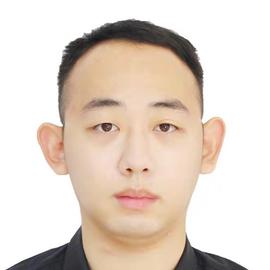
Research Associate
I obtained my BS in Fundamental Science in Physics and Mathematics from Tsinghua University. I obtained my PhD degree in Computer Science from the University of Hong Kong. My research interests include quantum information theory, quantum supermaps and quantum machine learning.
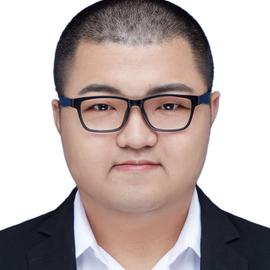
Research Associate
I obtained my BS in Mathematics and Applied Mathematics from University of Science and Technology of China. I obtained my PhD degree in Applied Mathematics from University of Chinese Academy of Sciences under the supervision of Prof. Xiao-Shan Gao. My research interests include quantum computing, symbolic computation and cryptanalysis.
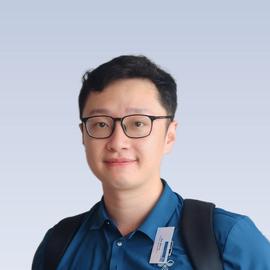
Associate Professor
Prof. Xin Wang founded the QuAIR lab at HKUST(Guangzhou) in June 2023. His research primarily focuses on better understanding the limits of information processing with quantum systems and the power of quantum artificial intelligence. Prior to establishing the QuAIR lab, Prof. Wang was a Staff Researcher at the Institute for Quantum Computing at Baidu Research, where he concentrated on quantum computing research and the development of the Baidu Quantum Platform. Notably, he spearheaded the development of Paddle Quantum, a Python library designed for quantum machine learning. From 2018 to 2019, Prof. Wang held the position of Hartree Postdoctoral Fellow at the Joint Center for Quantum Information and Computer Science (QuICS) at the University of Maryland, College Park. He earned his doctorate in quantum information from the University of Technology Sydney in 2018, under the guidance of Prof. Runyao Duan and Prof. Andreas Winter. In 2014, Prof. Wang obtained his B.S. in mathematics (with Wu Yuzhang Honor) from Sichuan University.
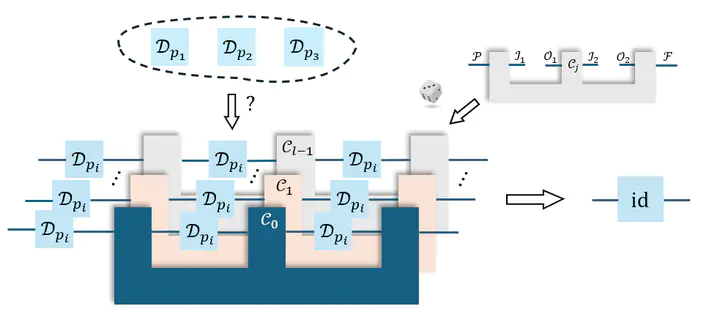 Reversing depolarizing channels with unknown parameters via virtual comb.
Reversing depolarizing channels with unknown parameters via virtual comb.